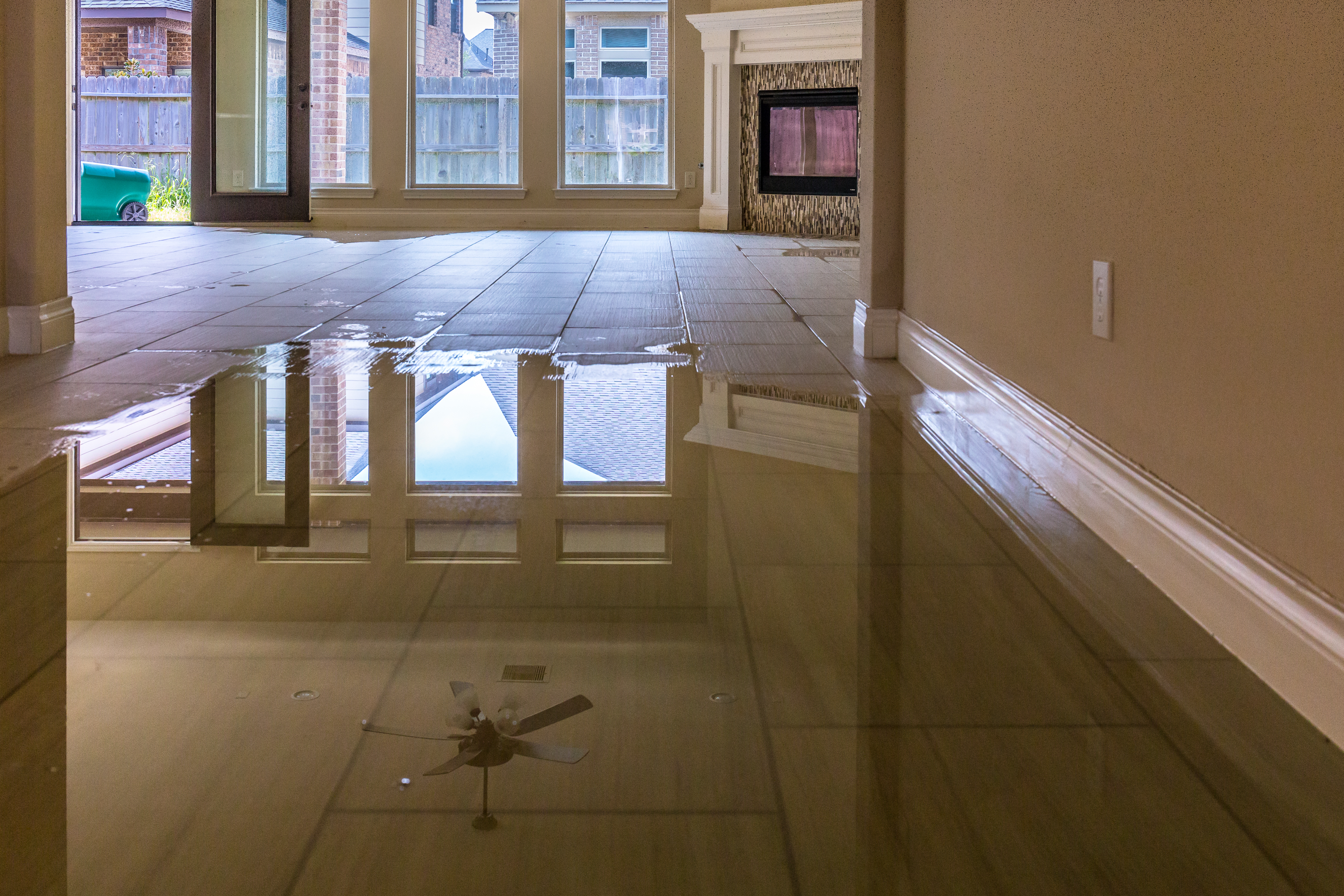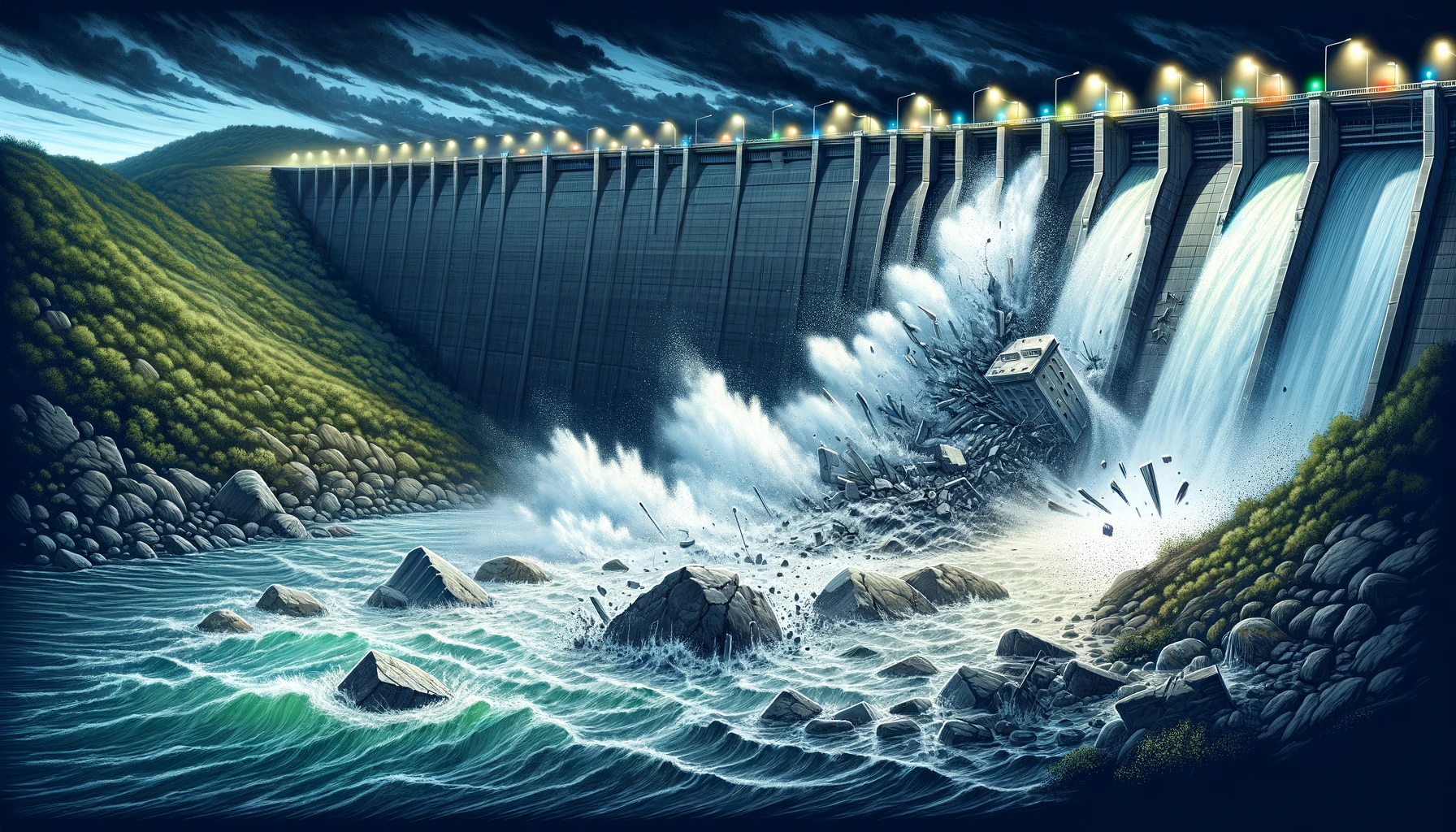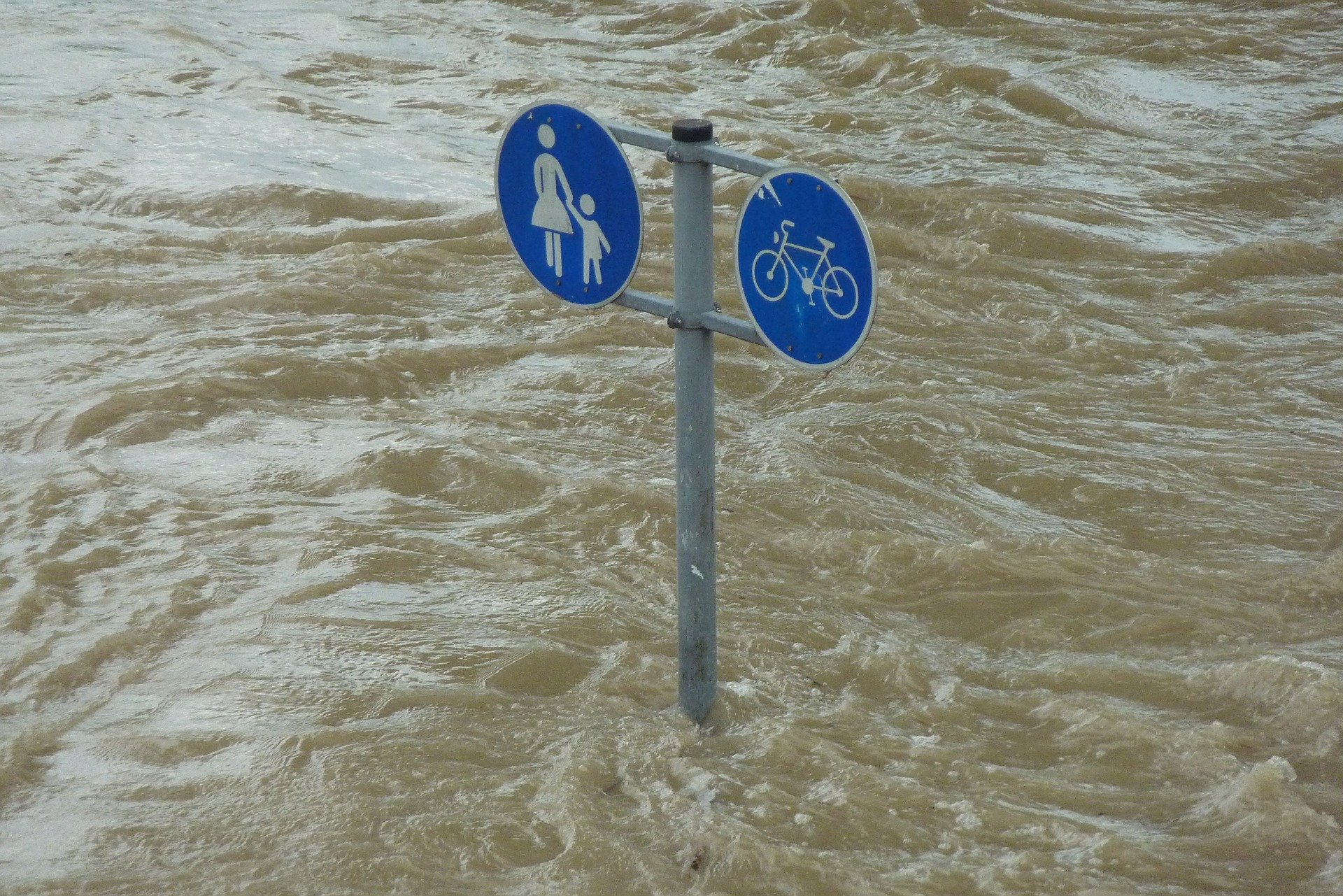With the temperature decreasing rapidly, homeowners must keep an eye on their water pipes. The reason behind this is that following the winter season is freezing and bursting water pipes.
Unfortunately, most homeowners are unaware of the causes of frozen pipes. In turn, they are unable to prevent them from bursting and destroying their home’s exterior.
Let’s deep dive at the causes frozen pipes to burst, alongside pro tips on how you can avoid that from occurring:
Why do Frozen Pipes Burst?
Here’s the thing: freezing pipes don’t end up bursting because of the ice expanding. The real reason behind your lines bursting is that the water inside the pipes starts increasing.
As the water inside the pipe begins to freeze, the water molecules start crystallizing in the shape of a hexagon. As a result of this, the hexagonal molecules take up a considerable amount of space. In turn, the expanding water molecules apply pressure on the pipe.
Moreover, the only way to determine whether the pipe can withstand pressure without cracking or bursting depends on the dimensions, age, the material of the tube, and water volume. Corrosion is one of the main factors for bursting frozen pipes.
Most Common Causes of Frozen or Bursting Pipes
Now let’s talk in detail about the various common ways your pipe may end up bursting:
- Freezing temperatures may cause water to reach a temperature below -4 degrees Celsius. Water typically starts freezing in such a climate, thus obstructing the flow of water. As a result of this, the water pressurizes the pipe inside out, and it bursts.
- Metallic, as well as plastic pipes, boast a certain lifespan. Factors such as weather elements, maintenance and repairing, and frequent servicing may make the tube last for more than 20 years. However, if your metallic pipe is corroding or your plastic pipe is turning brittle, it may burst as soon as they experience pressure.
- In some cases, external pressure may lead to a pipe bursting. More often than not, pipes are present on the ground where passing vehicles, tree roots, and construction equipment apply pressure on them. Higher pressure may compress the line to the point where it starts buckling and bursting.
- Minerals present on the inner surface of your pipe may cause clogging. Consequently, it obstructs your line, which ultimately leads to bursting, cracking, and leakages.
- Incorrect pipe connections or poor piper lowering done by an amateur plumber may decrease your pipe’s lifespan by a substantial amount. In turn, your line may burst and crack faster.
The Takeaway
Freezing pipes likely burst because of the pressure inside them instead of the ice expanding. To avoid dealing with a bursting line, homeowners should maintain their pipes outside of your property’s insulation or interior locations like crawl spaces, attics, and basements.
From allowing water to run through the facets of installing a heat tape continuously, the market offers homeowners a plethora of easy ways to prevent pipes from bursting. In case you have a frozen pipe problem, you should consider contacting an expert plumber.





